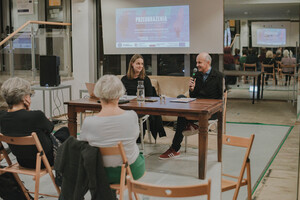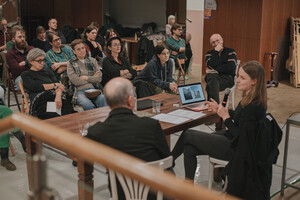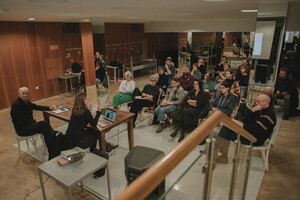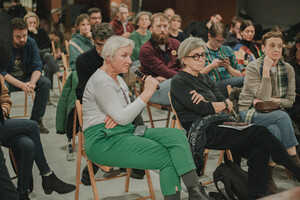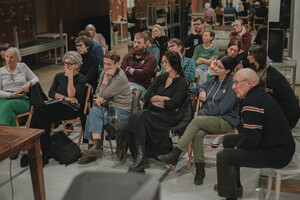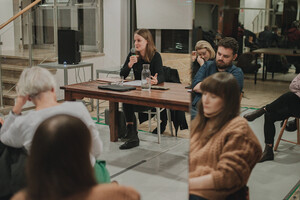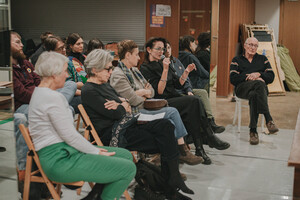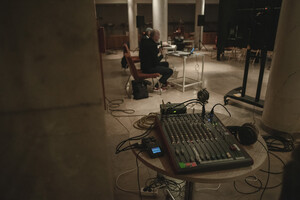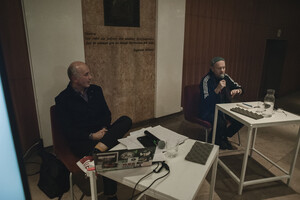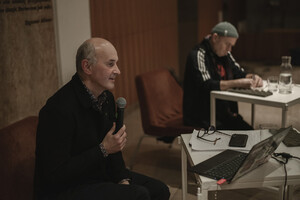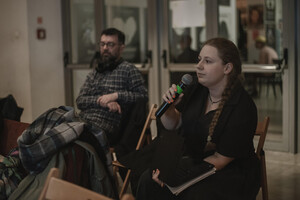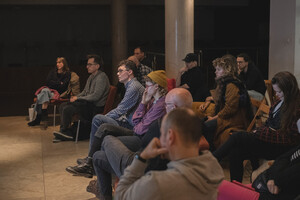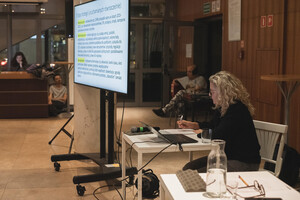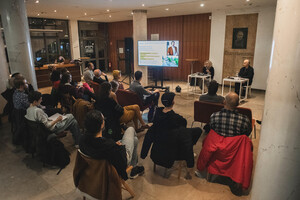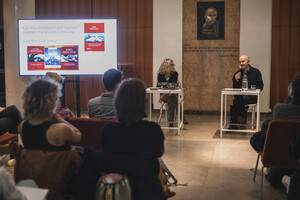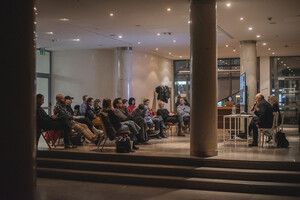Metamorphoses: The Unnatural History of Environmental Crises
Naomi Klein wrote in one of her book titles that the climate crisis changes everything. Unfortunately, so far, it has not changed the dominant disbelief in the West that the world can be improved. In fact, it seems to have deepened this disbelief. The apathy of global elites, hypocritically accompanied by climate-concerned rhetoric, contributes to this. Increasingly, people have resigned themselves to the belief that as a species, we will not survive the impending heatwaves, melting ice caps, disrupted ocean currents, and weather anomalies. Even many people involved in climate movements believe that the destruction of life on Earth is inevitable, that things have gone too far, and nothing can be done. Can this sense of decline be changed? And how?
Perhaps by looking back into the distant past. Human history is full of environmental crises—ecological, health-related, and climatic. Each time, they caused destruction, but they also became starting points for positive change. This history teaches us that even in the face of natural forces, humans have choices. Whether droughts, weather anomalies, epidemics, or famine bring death or rebirth depends not on the scale of the crisis but on the response societies choose to make in its face.
In the series “Transformations: The Unnatural History of Environmental Crises,” we examine how different societies responded to crises and how their choices led to varying consequences. We delve deep into the past, from the Black Death and the end of the Medieval Climate Optimum in the 14th century to events happening today in Syria and the Gaza Strip. We analyze responses to the 17th-century Little Ice Age in Europe and Asia and the impacts of strategies implemented during pre-colonial and colonial times in response to El Niño oscillations. We ask how dust storms in the American Midwest relate to free-market economies.
Colophon
The meetings and podcasts from the “Transformations: The Unnatural History of Environmental Crises” series were funded by the European Union’s NextGenerationEU program

The meetings and podcasts are held as part of the Re-think the challenge project funded by Allianz Foundation.
